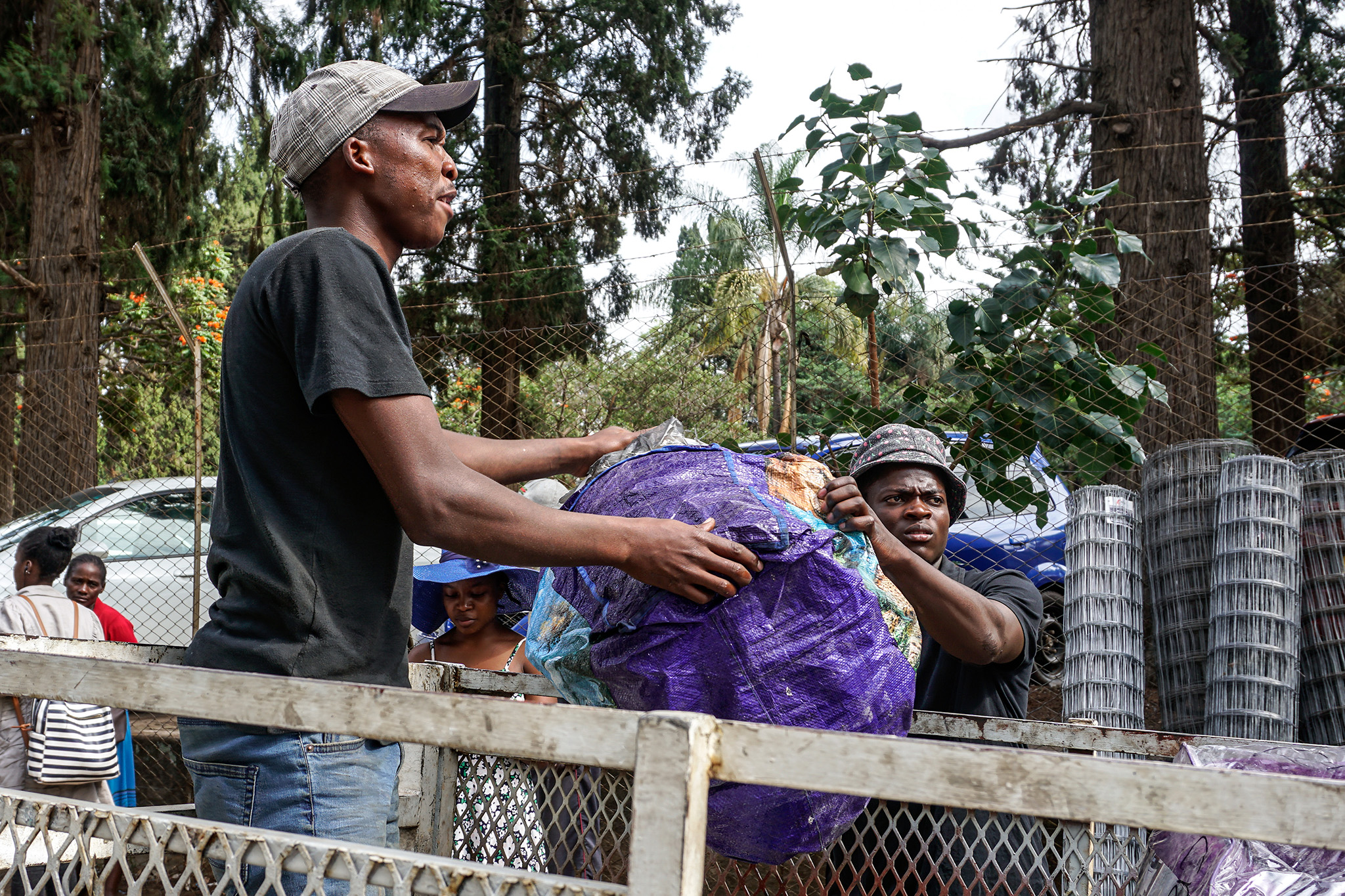Can Govt crackdown on illegal imports save formal retail chains?
Government crackdown on illegal imports flooding the informal sector could benefit formal businesses such as OK Zimbabwe, which face intense competition, according to securities firm, Morgan & Co.
Major retail outlets, clothing stores, hardware shops and other formal enterprises struggle against informal traders who import goods without complying with local tax and duty regulations.
The smuggled goods are sold for a song in tuckshops and at times on the streets in vans and charts.
Stakeholders have urged the Government to take decisive action against the informalisation of the economy, warning that its continued growth threatens to destabilise Zimbabwe’s formal retail and manufacturing sectors.
Last year, research indicated that the informal economy cost Zimbabwe at least US$1.15 billion in potential fiscal revenue between 2020 and 2023.
These findings emerged as industry experts expressed concern over rising informality across business sectors, which jeopardises the manufacturing industry.
Last week, leading retailer OK Zimbabwe, reassured stakeholders of its viability despite facing intermittent product supply challenges during the festive season that spilled into the new year as reports abound some OK Zimbabwe outlets were running on empty shelves.
While acknowledging these supply issues, OK Zimbabwe said was committed to serving its loyal customers and contributing to Zimbabwe’s economic growth and development. The company pledged to restore normal supply levels and stabilise the trading environment in collaboration with key partners.
In its recent analysis of OK Zimbabwe’s financial results for the half-year ended September 30, 2024, Morgan&Co said tight monetary policies, constrained disposable incomes, taxes and suppliers growing preference for the near-cash informal market, continue to add pressure to OK Zimbabwe’s bottom line in the absence of exchange gains.
“However, policy shifts and a crackdown on illegal imports could drive sales back to the formal sector, albeit marginally. We also note the organic growth as a way of maintaining sales volumes in the second half.”
OK Zimbabwe reported a growth in total revenue anchored on a 28 percent increase in sales volumes.
Promotional activity, particularly the OK Grand Challenge Promotion, was the key driver behind sales volumes growth, which included the group’s OK Mart stores.
Resultantly, the gross margin improved by 2,81 basis points to 19,64 percent.
The challenges faced by OK Zimbabwe reflect larger issues within the formal retail sector, which struggles against competition from the expanding informal economy.
There is increasing pressure to formalise businesses as the informal sector threatens the viability of established retailers.
Key players in food, clothing, textiles and footwear are experiencing declining performance due to the influx of non-duty-paying imports and counterfeit goods.
Last year, Truworths, a leading textile company, reported difficulties competing with cheap imports that undercut local manufacturing costs.
This trend is not limited to Zimbabwe; it affects various African countries and beyond, diminishing government revenues since many informal economy participants evade taxes.
The high level of informalisation results in an understated Zimbabwean economy, complicating tax assessments of all economic activities.
Industry leaders believe the growing informal sector, while providing opportunities for many, poses a significant threat to established businesses and the overall growth of the economy.-ebsinessweekl









